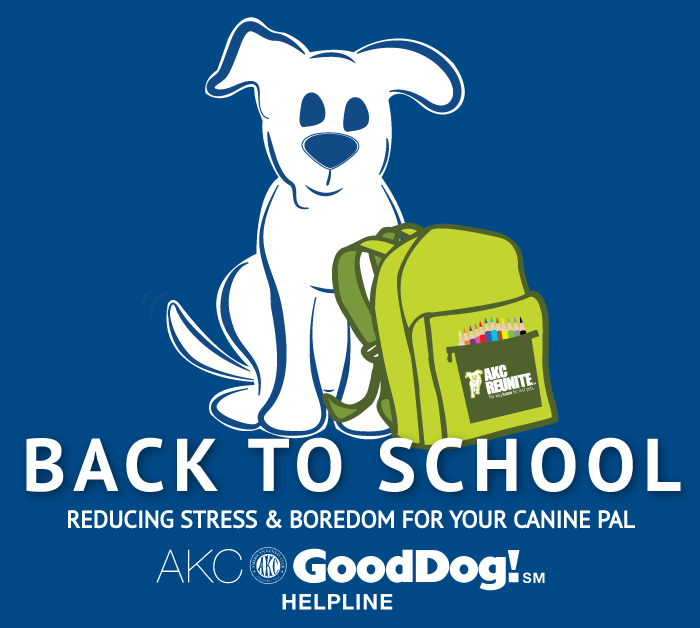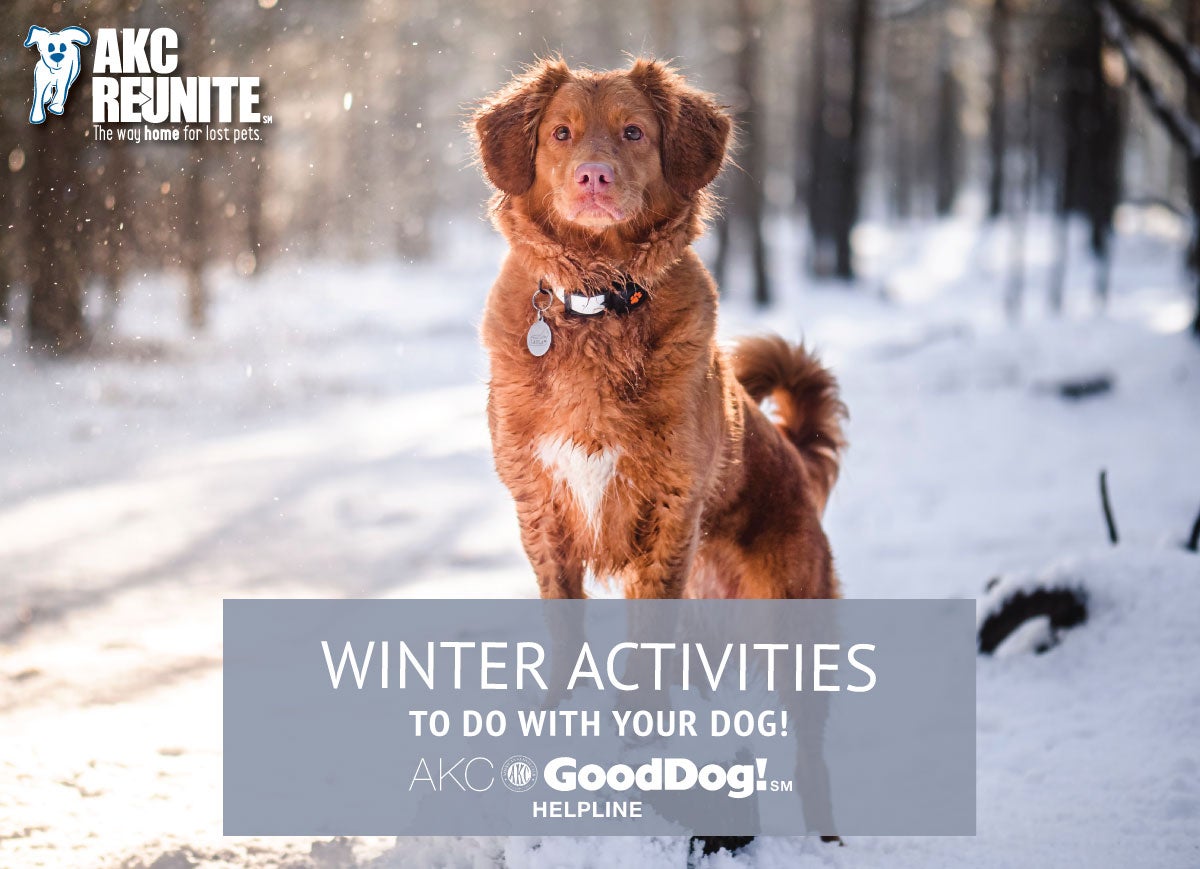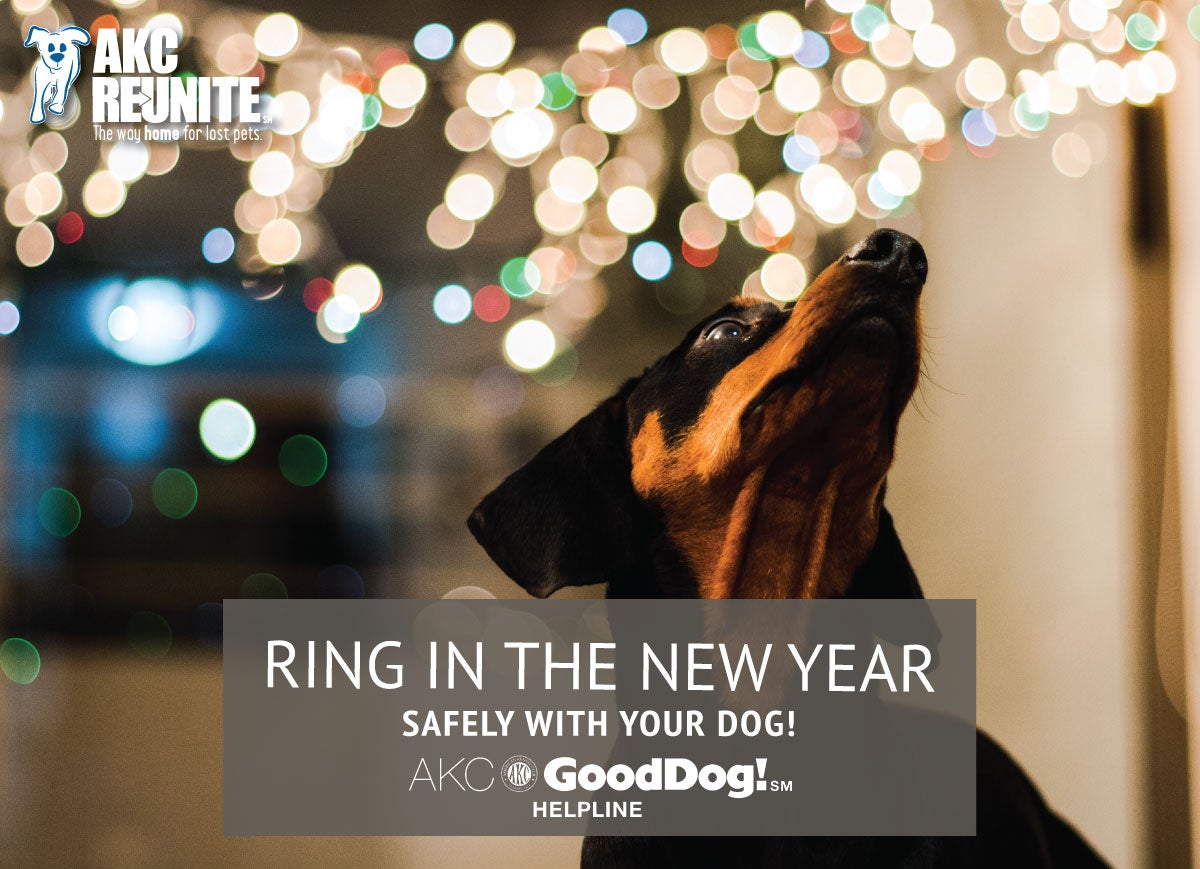Home Alone – Reducing Stress & Boredom for Your Canine Pal
Brought to you by the AKC GoodDog! Helpline – the AKC’s 7-day-a-week training support service
By Hilarie Erb, AKC GoodDog! Helpline Trainer
Summer can be the best time for a family dog. The kids are out of school, and he gets more attention than he gets when school, along with other activities, make it necessary to leave him home alone for some long, lonely days.
When he’s been alone for several hours after having enjoyed so much time with his favorite people, you might see behaviors that indicate he is unhappy about the change in schedule.
He might do some barking or chewing. Maybe he’ll chew up a rug or take something from a table. These are not necessarily signs of serious separation anxiety, but they are certainly signs of boredom.
The tips below will help your dog adjust to the new schedule:
- Arrivals and departures should be mellow. Keep greetings and good-byes very calm and emotion-free. Don’t go cold turkey! Practice now, before school starts, by leaving him home for short periods and gradually increasing the length of your family’s absence.
- Give your dog something to do when you leave, like a puzzle toy or a frozen Kong stuffed with moistened food, some peanut butter, even bananas. Or all three!
- Arrange for a friend or dog walker to come over and take your dog out if you are regularly gone for several hours.
- Make sure your dog gets plenty of exercise and play before you leave. A tired dog is a well-behaved dog.
- Leave a television or radio on to keep your dog “company.”
If your dog exhibits behaviors that are more than a few barks or soft whining, he may be experiencing true separation anxiety, a behavioral issue that causes dogs extreme distress when away from their owners.
Signs of separation anxiety include excessive barking, pacing, destructive chewing, soiling in the house, digging and scratching at doors or windows, or trying to escape his crate. He can cause serious destruction and may injure himself in the process. The dog is genuinely upset and needs professional help to cope with being alone.
If the anxiety continues after you have tried the above suggestions, you may need to ask your veterinarian to refer you to a behaviorist for desensitization and counter-conditioning or a veterinary behaviorist if medication might be helpful.
For more tips and advice on training your dog, join the AKC GoodDog! Helpline, a seven-day-a-week telephone support service staffed by experienced dog trainers: www.akcgooddoghelpline.org.





